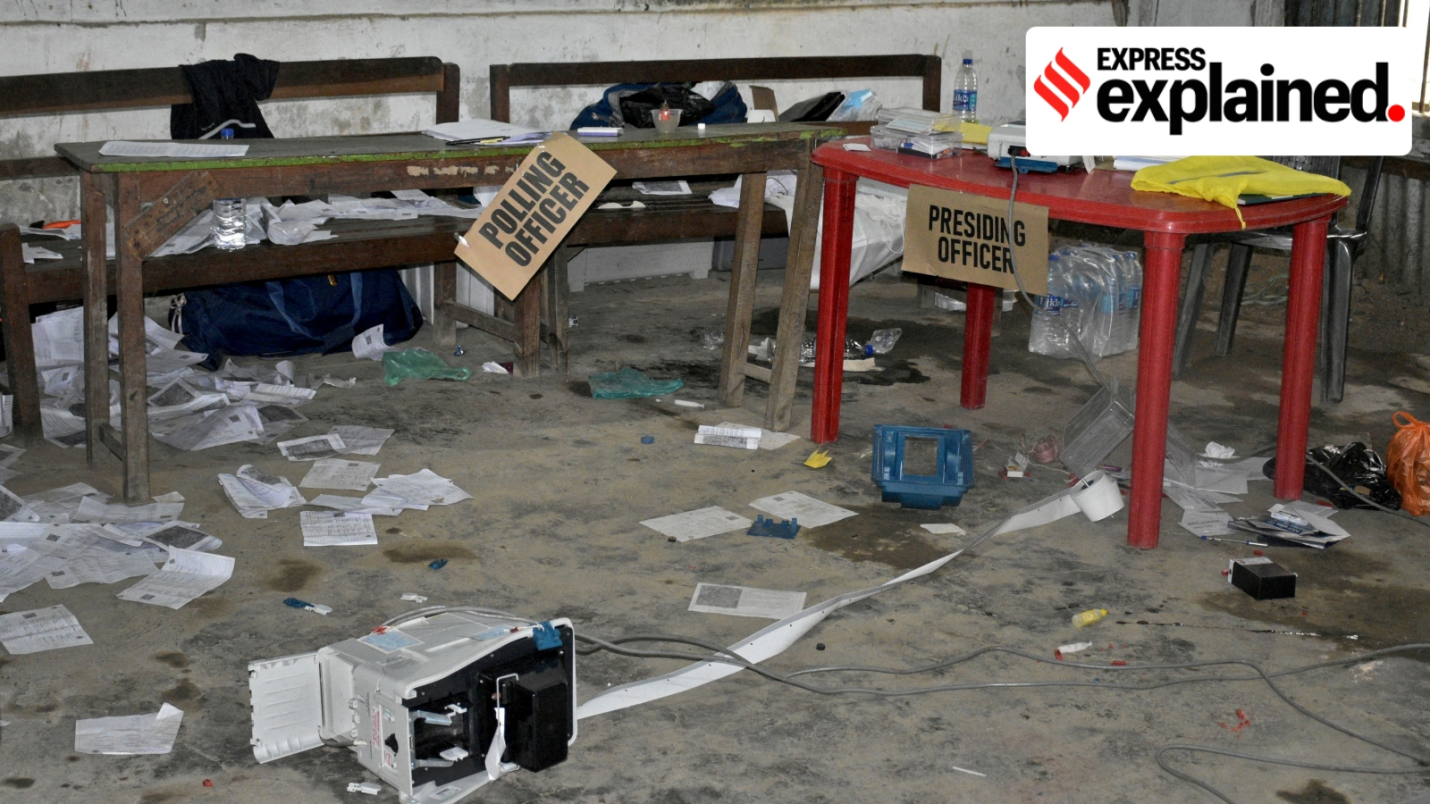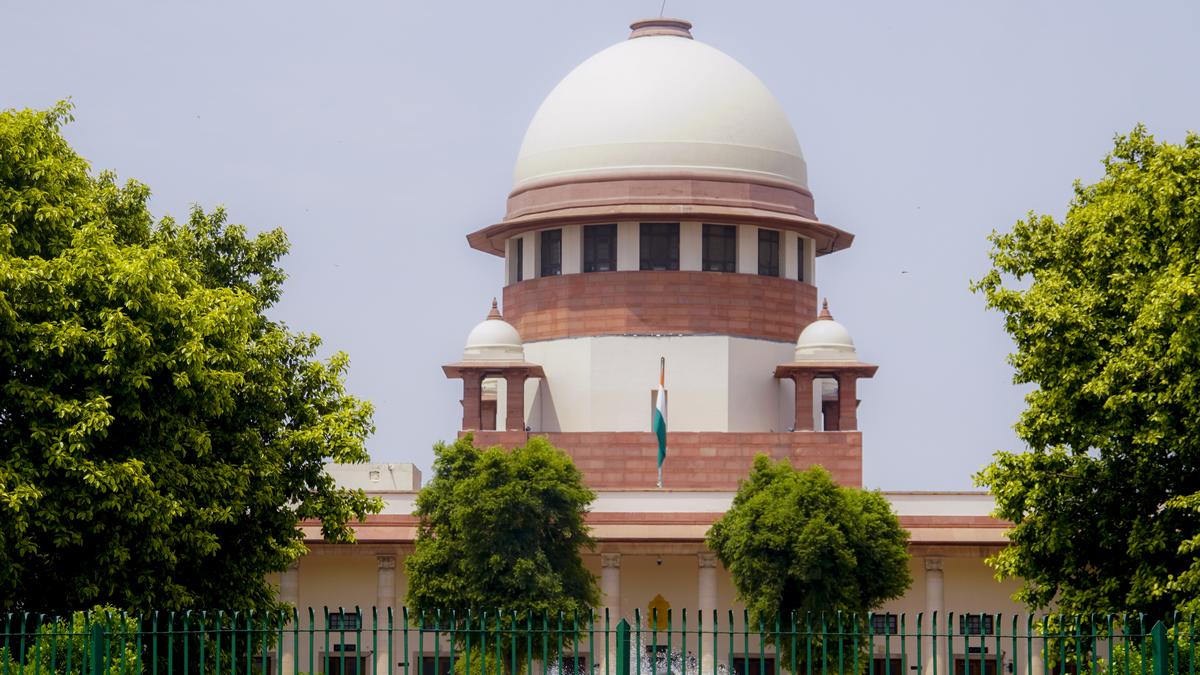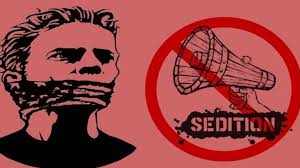Description

Copyright infringement not intended
Picture Courtesy: https://indianexpress.com/article/explained/repolls-election-commission-polling-process-9294027/
Context: India's election laws contain provisions to address disruptions in the normal polling process, such as candidate deaths, by allowing for adjournments and rescheduling of elections to uphold fairness and transparency in the democratic process.
Intentional Destruction or Damage to EVMs
Legal Provision (Section 58 of the Representation of the People Act, 1951)
- This section deals with situations where there is damage, loss, or tampering with Electronic Voting Machines (EVMs) during the voting process.
- If an unauthorized person unlawfully takes away an EVM, damages or destroys it intentionally, or if there's a mechanical failure during voting, the Returning Officer (RO) takes action.
Actions Taken
- The RO immediately informs the Election Commission (EC) and the Chief Electoral Officer (CEO) of the state about the incident.
- The EC can declare the poll at the affected polling station void.
- The EC schedules a new poll to replace the voided one.
- Contesting candidates or their agents are informed in writing about the new poll schedule.
- Public notices are issued to inform voters about the rescheduled poll.

Booth Capturing
Definition and Punishment (Section 135A of the Representation of the People Act, 1951)
- Booth capturing refers to the unauthorized seizure or control of a polling station by individuals or groups to influence election outcomes.
- It involves various illegal activities like preventing genuine voters from voting, allowing only certain supporters to vote, intimidation, etc.
- Booth capturing is a serious offence punishable by imprisonment.
Actions Taken
- If booth capturing occurs, the Presiding Officer at the affected polling station takes immediate action.
- The Presiding Officer closes the EVMs and informs the RO about the incident.
- The RO reports the full facts to the EC through the fastest means of communication.
- Based on the severity and extent of booth capturing, the EC can:
- Declare the poll at the affected polling station void.
- Schedule a fresh poll for that station.
- Countermand the election in the entire constituency if booth capturing is widespread.
Natural Disasters or Other Disruptions
Adjournment of Poll (Section 57(1) of the Representation of the People Act, 1951)
- Polling can be adjourned due to unforeseen circumstances such as natural disasters (e.g., floods, storms), loss or damage to essential polling materials (including EVMs and electoral rolls), riots, technical issues with EVMs, etc.
Actions Taken
- The Presiding Officer of the affected polling station adjourns the poll and seeks immediate instructions from the RO.
- The RO informs the EC about the situation and seeks approval to adjourn and reschedule the polling.
- Polling resumes later based on EC's decision.
- Only voters who haven't already cast their votes before the adjournment are allowed to vote during the rescheduled poll.
Death of a Candidate
Legal Provision (Section 52 of the Representation of the People Act, 1951)
- If a candidate from a recognized political party dies after the nomination deadline but before polling begins, certain actions are taken.
Actions Taken
- The RO reports the candidate's death to the EC.
- The EC adjourns the poll in that constituency.
- The EC notifies the concerned political party to nominate a replacement candidate within seven days.
- If the list of contesting candidates has already been published, a new list is prepared and published including the replacement candidate's name.
|
Specific Cases
●Betul Lok Sabha Constituency: Polls were adjourned due to the death of a candidate after the withdrawal deadline but before polling. A new poll date (May 7) was scheduled to replace the adjourned poll.
●Moradabad Lok Sabha Constituency: Candidate died after polling. If the deceased candidate wins, a by-election will be conducted to fill the vacant seat.
|
Conclusion
- India's election laws prioritize the rights of eligible voters and ensure the smooth conduct of elections even in challenging circumstances. The swift response mechanisms under the laws allow for effective management of disruptions, safeguarding the democratic process and upholding the principle of free and fair elections.
Source:
Indian Express
|
PRACTICE QUESTION
Q. Evaluate the role of the Election Commission of India (ECI) in ensuring a level playing field for all political parties and candidates during election campaigns. What measures can be taken to address concerns related to the alleged misuse of money power, government machinery, and media influence in favour of the ruling party?
|









